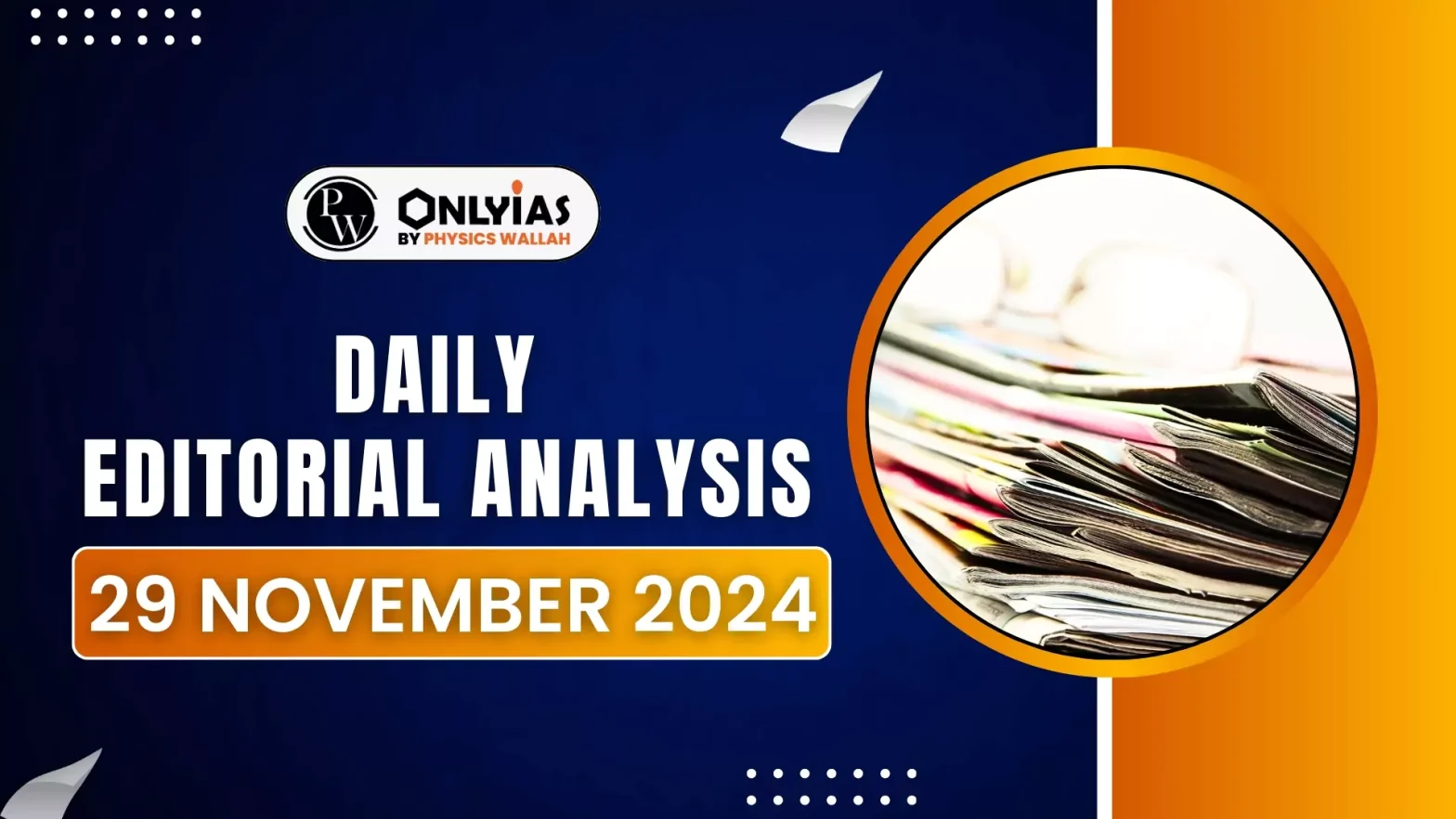The global shift of revolutionary groups from armed insurgencies to parliamentary politics, exemplified by Sri Lanka’s JVP-led National People’s Power, reflects strategic realism, changing public sentiment, and external pressures.
Left-Wing Insurgencies and Armed Struggle
Ideological Foundations
- Inspired by Marxism-Leninism and Maoism, left-wing insurgent groups often viewed the state as a capitalist tool of oppression.
- Armed struggle was seen as necessary to dismantle capitalist structures and achieve social and economic justice.
- Movements like those in India, Nepal, Sri Lanka, and El Salvador adhered to prolonged violent resistance as a means to revolutionary change and they believe violence is necessary for social and economic justice.
Enroll now for UPSC Online Course
Examples of Successful Transitions
Nepal’s Maoists
- Background: The Communist Party of Nepal (Maoist) waged a civil war (1996–2006) aiming to overthrow the monarchy.
- Transition:
- Signed the Comprehensive Peace Accord (2006), ending hostilities.
- Played a pivotal role in transitioning Nepal to a federal democratic republic (2008).
- Outcome:
- Demonstrated that revolutionary ideals could adapt to democratic frameworks, ensuring inclusive governance for rural and marginalized communities.
El Salvador’s Farabundo Martí National Liberation Front (FMLN)
- Background: Fought a civil war in the 1980s to overthrow a U.S.-backed government.
- Transition:
- Signed the 1992 Peace Accords, shifting from an armed insurgency to a legitimate political party.
- Outcome:
- Won national elections and moderated their ideology to democratic socialism, advocating social and economic justice.
Sri Lanka’s Janatha Vimukthi Peramuna (JVP)
- Background:
- Initially a Marxist-Leninist-Maoist insurgent group, the JVP led two uprisings in 1971 and the 1980s.
- Brutal state suppression forced the group to reconsider its methods.
- Transition:
- By the 1990s, the JVP embraced parliamentary politics, advocating workers’ rights and economic reform within a democratic framework.
Check Out UPSC NCERT Textbooks From PW Store
India’s Maoist Factions
- CPI (Maoist): Continues armed insurgency in rural areas under the doctrine of “protracted people’s war.”
- CPI (M-L) Liberation: Shifted to democratic politics in the 1980s, contesting elections and becoming a political entity.
Factors driving the Shift
- Strategic Realism:
- Armed struggles are resource-intensive and unsustainable in the long run, unable to match state resources or withstand counterinsurgency tactics.
- Democratic routes, like peace accords in Nepal and El Salvador, offer insurgent groups a more viable path to political influence without violence.
- Shifting Public Sentiment:
- Civilian casualties and prolonged conflict eroded public support for armed movements.
- Electoral politics provided a less disruptive alternative to pursue socio-economic agendas.
- International Pressure:
- Global condemnation of violent insurgencies and international mediation played a significant role in transitions.
- For example, the United Nations brokered peace in El Salvador, enabling the FMLN to enter politics.
- Ideological Evolution:
- Insurgent groups often shift their ideologies as they realize that armed struggle is not a sustainable path.
- The realisation that their shift to moderate socialism, rather than completely uprooting states, can also help them fulfill their agenda of promoting the welfare of tribal communities.
- Example: The JVP in Sri Lanka reoriented its ideology while maintaining its commitment to economic and social reform.
Challenges in Transition
- Public Scepticism: Citizens often doubt the democratic commitment of former insurgents, recalling their violent past.
- Governance challenges: Balancing revolutionary ideals with governance demands often tests the credibility of these groups.
- Risk of being co-opted by existing political systems.
- Dilution of Ideology: Some view participation in democratic frameworks as an ideological compromise.
Enroll now for UPSC Online Classes
Conclusion
The transition from armed insurgency to electoral politics reflects a pragmatic shift in revolutionary strategies. It represents an evolution, reinterpreting revolution within modern democratic contexts. By embracing parliamentary politics, these groups can address systemic injustices and foster inclusive governance, reinforcing the legitimacy and resilience of democracy.
![]() 29 Nov 2024
29 Nov 2024
